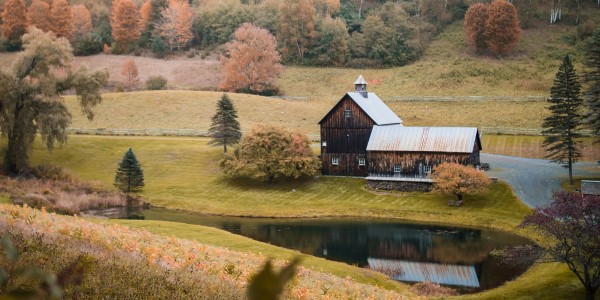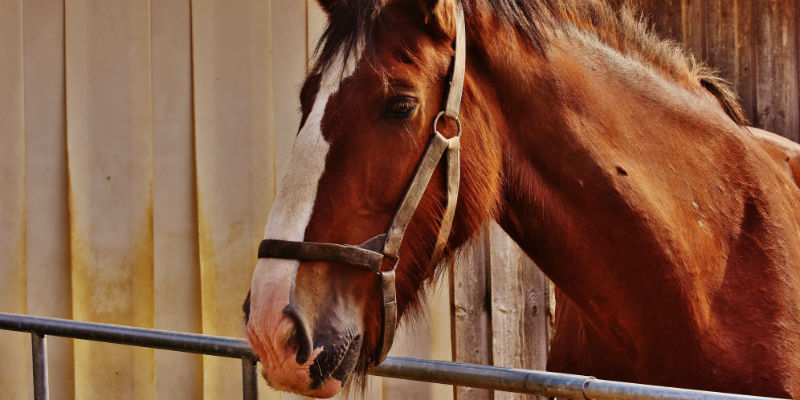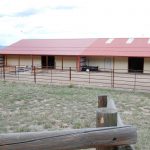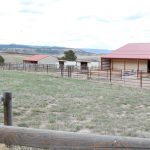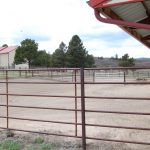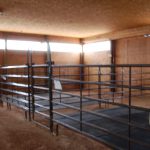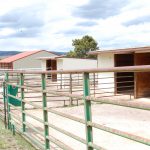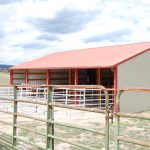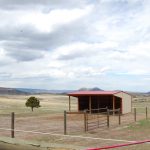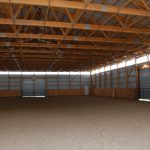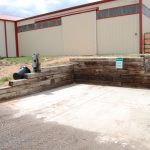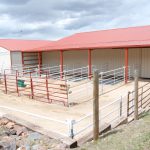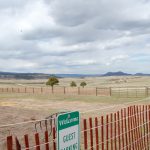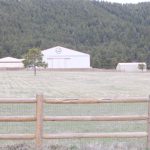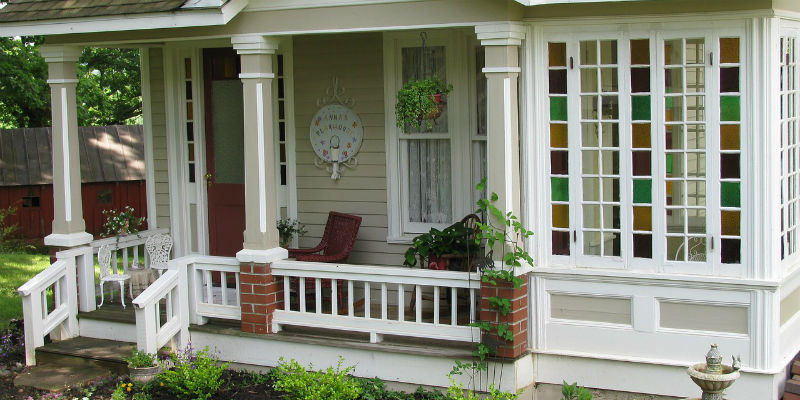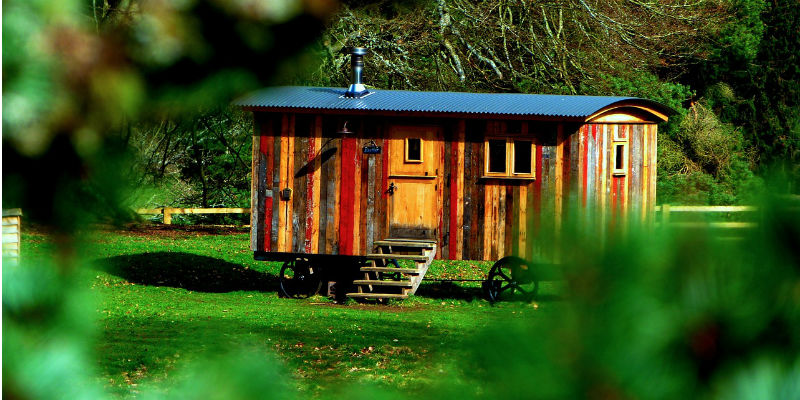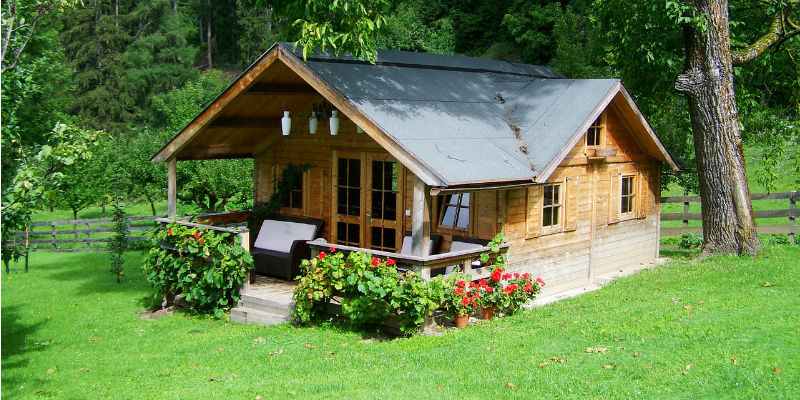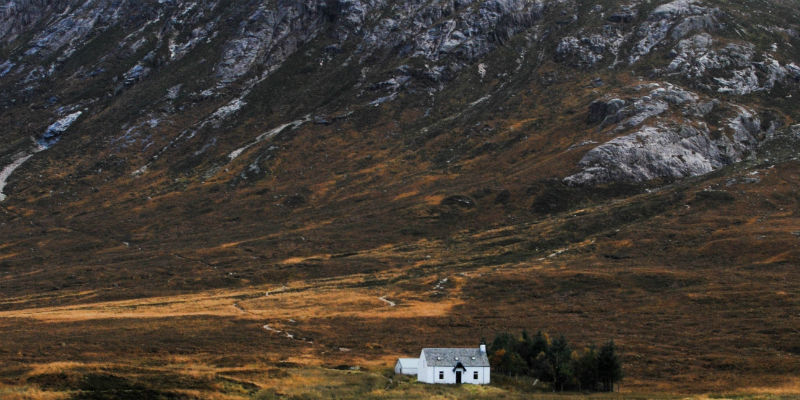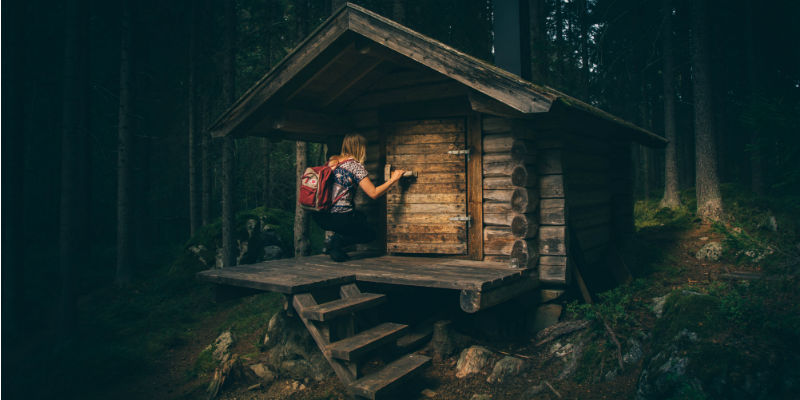This refers to a situation where the property owner provides the financing for the buyer to purchase the property. In this arrangement, the current owner of the property holds no existing debt on the property. Also, they assume the role of the lender for the buyer. Owner carry terms loans present an appealing option for some. Including people who do not meet the criteria for obtaining a conventional loan. By acting as the lender, the seller bypasses certain requirements imposed by traditional lending practices. Also, if you are looking for a horse property for sale in Colorado, contact Colorado Horse Property today and speak with one of our horse-person realtors.
A Closer Look At Owner Carry Terms
However, it is important for both buyers and sellers to exercise caution. The stringent mortgage application process exists for valid reasons. Sellers should be wary of potential buyers who fail to meet those established criteria. On the buyer’s side, a seller-financed loan typically entails a higher down payment (around 25%). Also, it is subject to higher interest rates (ranging from 8% to 12%). This option can be beneficial for first-time homebuyers working with a trustworthy seller who can assist them in purchasing their first home. Seller financing also appeals to individuals who already own multiple properties and have their finances tied up in existing investments.
In an owner-financed deal, the party holding the deed can vary depending on the specific structure of the agreement. Typically, the owner retains the deed until the buyer fulfills their financial obligations either by making the final payment or by refinancing the property with a mortgage from another lender. Regarding taxes and insurance, in owner-financed deals, buyers are responsible for making property tax and insurance payments directly to the respective government and insurance companies. Unlike traditional mortgages where these fees are often included in the monthly payments, buyers in owner-financed arrangements handle these payments separately. However, this evaluation process is typically less rigorous compared to the stringent criteria associated with traditional mortgage approvals. Here is our list of Colorado Horse Properties with owner carry terms.




